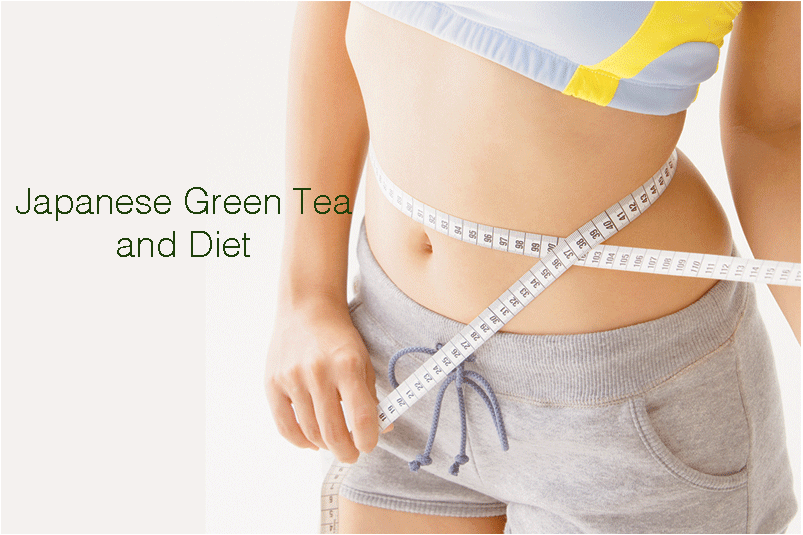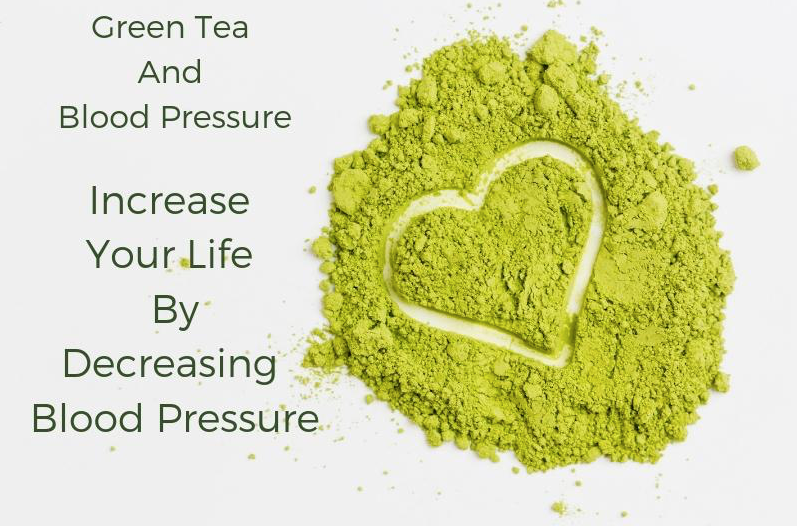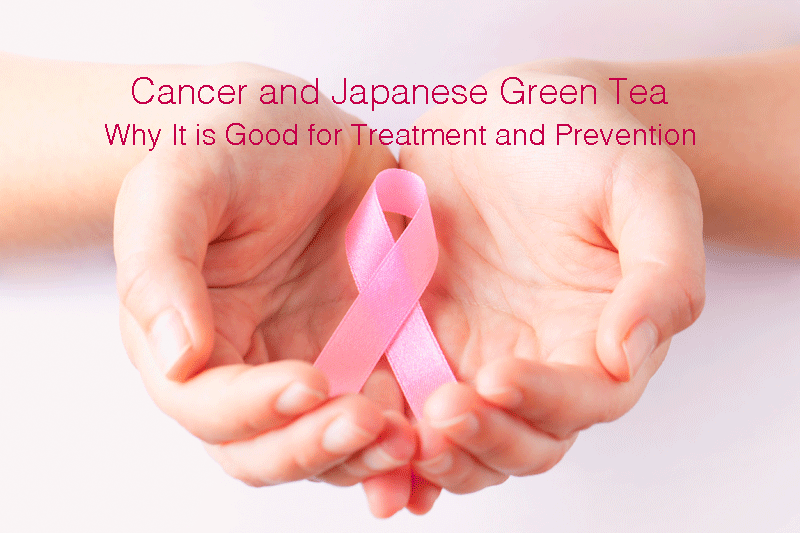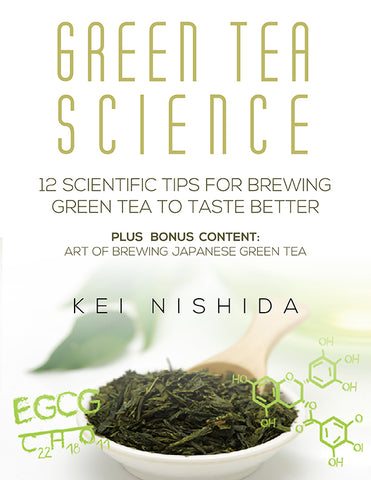Science Behind Why Japanese Green Tea is Good for Health
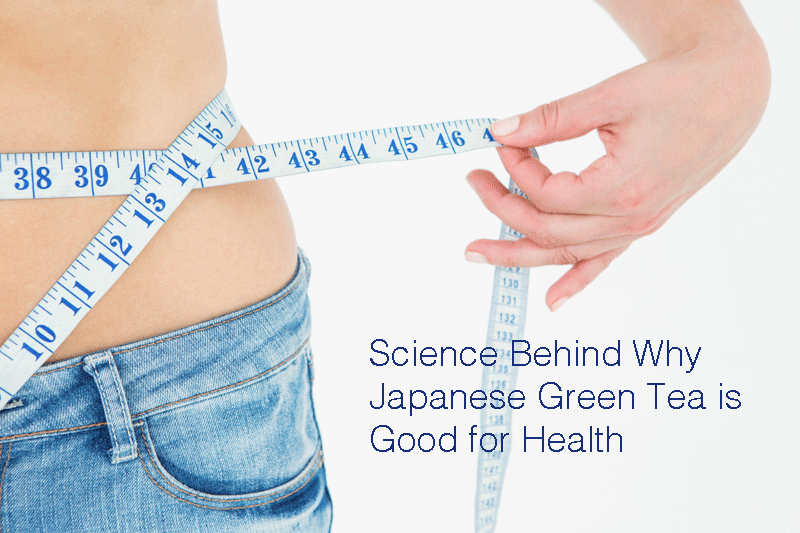
With the introduction of green tea to Japan, along came much of the knowledge of it many health benefits. And through the extended use, advanced cultivation and learning of its many discovered medicinal values, Japanese green tea has remained a greatly valued beverage and food.
Great Health Benefits
A Rich Antioxidant
According to Livestrong, epigallocatechin gallate may also be beneficial for people at risk of developing type 2 diabetes, who are overweight and have high blood pressure. This is because this special antioxidant may increase fat burning abilities or boost the transport of stored fat to cells for oxidation.
However, research suggests that epigallocatechin gallate may not promote fat loss but with a larger dose taken with caffeine, it may create increased fat loss. Also, some studies show that patients with glucose problems had a decrease in circulating glucose levels which often goes with weight issues.
L-theanine
In addition, theanine is claimed to support weight loss, increase concentration and improve the immune system. As well, some specialists believe that theanine may prevent Alzheimer's, stroke and some types of cancer.
What is more, theanine also shows promise as an aide for weight loss especially when combined with certain caffeine’s. In fact, theanine is often used as a supplement to shed pounds.
Polyphenols
The polyphenols in green tea are said to have many health benefits like detoxing many vital organs and also preventing cancer. In fact, according to the National Cancer Institute, tea polyphenols have been shown to impede tumor cell proliferation and prompt apoptosis in laboratory and animal studies. As well, tea catechins have shown to obstruct tumor cell invasiveness and angiogenesis.
Caffeines
Fluorides
In fact, Dr. Weil M.D. feels that the worries in regards to fluorides in tea are overstated. Although large amounts of the material can cause brittle bones after several years, but this is very rare. As well, fluorides are toxic in very high amounts which may cause gastrointestinal symptoms and sometimes death. For example, a large amount would be about 20,000 times more fluorides than what is found in an 8 ounce glass of water.
Conclusion
Get Free Download
If you have ever thought that Green Tea is an “acquired taste” or that it is “too bitter” to enjoy, we’re here to change your mind! We want everyone to experience the health benefits of Green Tea and show you that this can be an amazing, refreshing, and delicious drink when made correctly. With just a few tips on how to brew this powerful leaf, we can change your mind about the taste and enjoyment of drinking Green Tea.
Don’t miss out on the health benefits of tea!
- Improve health
- Increase brain function
- Regulate weight
- Lower your risk of cancers
- Reduce risk of heart disease
- Lowers risk of diabetes
We know that you will love this tips to brewing tea and getting the most flavor and elegance out of every cup. Sign up for our newsletter and get this great informative manual on brewing green tea. You will learn what it is that makes it one of the most popular beverages in the world.
The E-Book also includes the chapter of Kei Nishida's book, "Art of Brewing Japanese Green Tea" where he teaches you how to brew hot and cold Japanese Green Tea.
Also in Japanese Green Tea Lovers in India
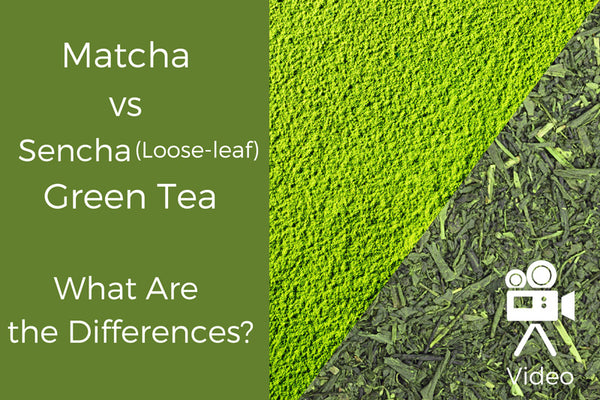
TYPES OF TEA: MATCHA VS SENCHA GREEN TEA: WHAT ARE THE DIFFERENCES?
When it comes to different types of tea, matcha and sencha green tea are two many people have questions about! Get answers in this post.
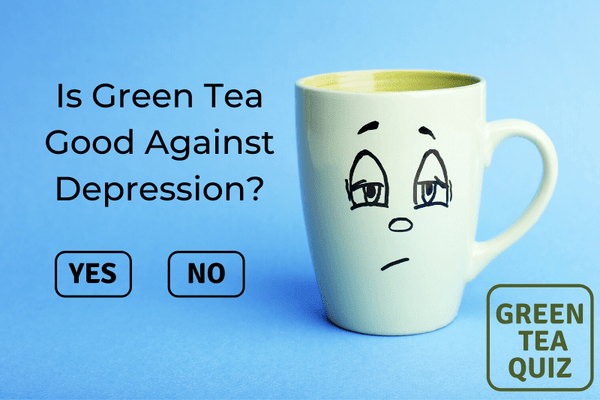
Is Green Tea Good Against Depression?

What is the best way to store your matcha & Japanese green tea?
5 Essential Storage Rules for Matcha and Japanese Green Tea
Read on to learn how to store matcha the proper way to ensure that you get the most out of this ancient elixir.


